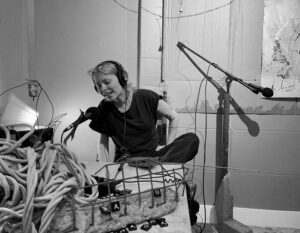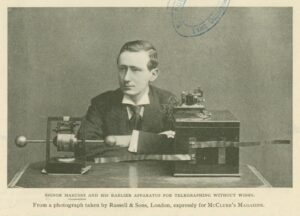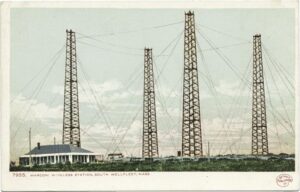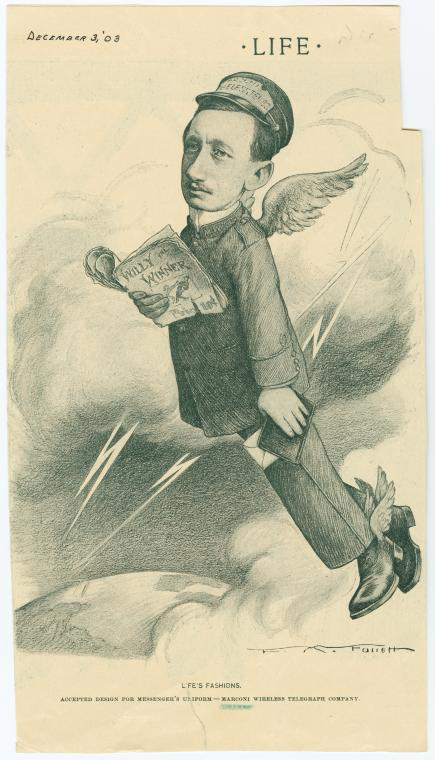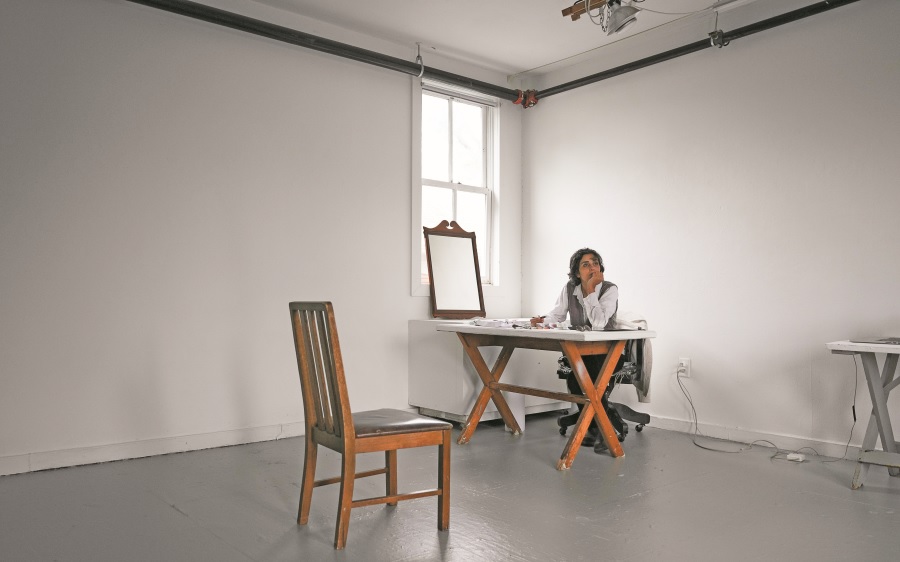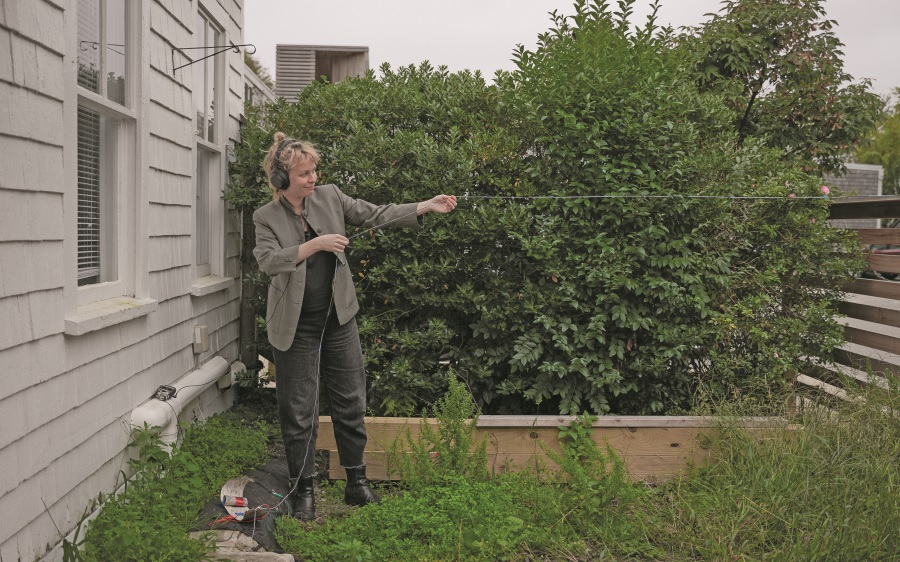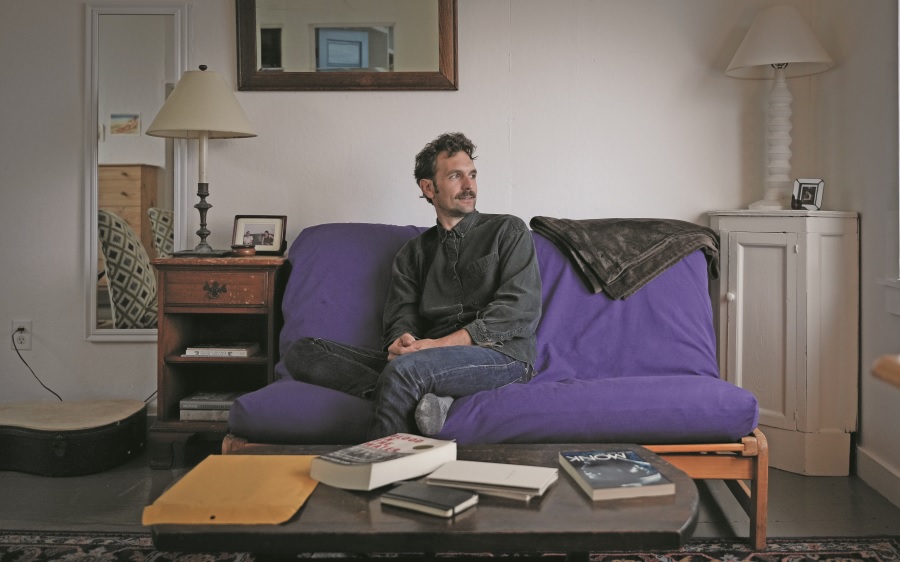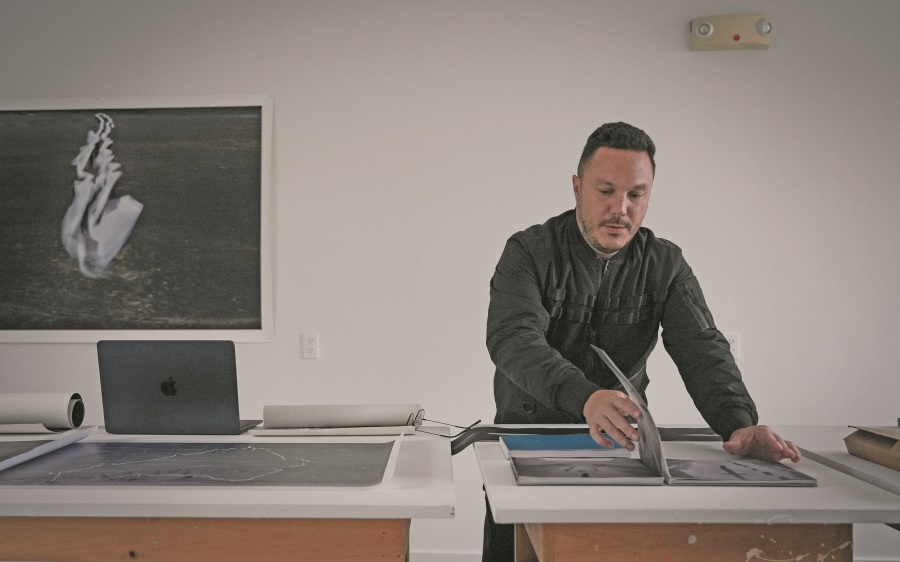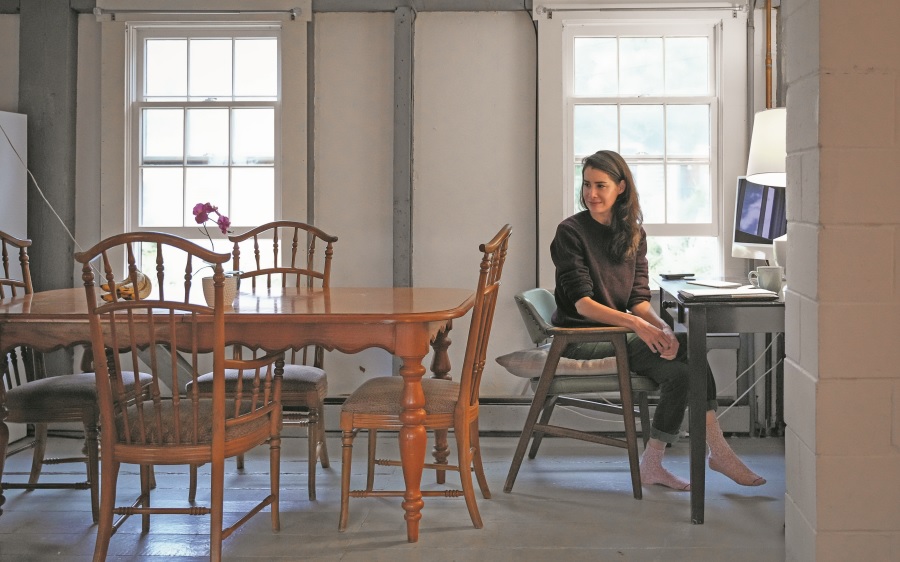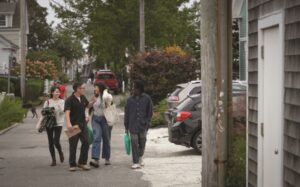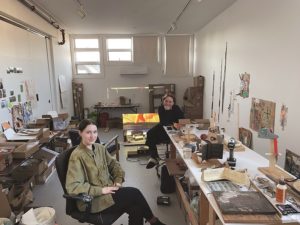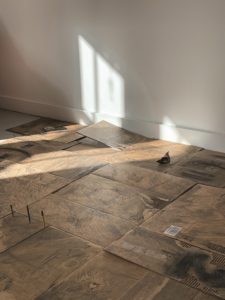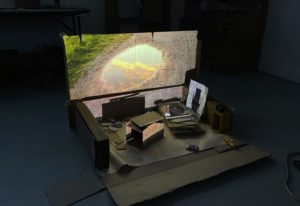In Tinja Ruusuvuori’s studio at the Fine Arts Work Center, some of her recent artwork is in piles on the floor. One piece that she recently showed at the Provincetown Art Association and Museum — a cascading length of unstretched canvas painted green — sits crumpled underneath recent prints scattered about among coils of wire. “I’m trying to be casual and let go of control,” says Ruusuvuori.
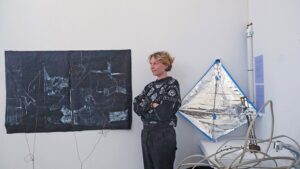
Nothing in Ruusuvuori’s studio seems precious in its display or execution. In recent prints, where the registration is always a bit off, she playfully experiments with forms: she makes monoprints with the impressions of wires, splashes turps across the surfaces she prints, and etches into discarded milk cartons. She’s not sure yet what she’ll show in an upcoming showcase at FAWC, but she wants to convey the process-driven energy of the work.
“I’m trying to figure out a way to show some of these works without feeling that they are already dead in the gallery space,” she says.
Ruusuvuori, who is from Finland and describes herself as an “anti-disciplinary artist,” is in her second year as a resident at FAWC. She studied documentary filmmaking at Aalto University in Helsinki after working for eight years as a screenwriter and host for a children’s TV program — an experience that she credits with preserving her sense of childlike play and curiosity.
She also has a graduate degree in fine art practice from the Glasgow School of Art. She ended up in Provincetown after a friend from Maine told her about the FAWC residency. “This is how I want to end up in places, through that grid of love and interconnectedness,” says Ruusuvuori.
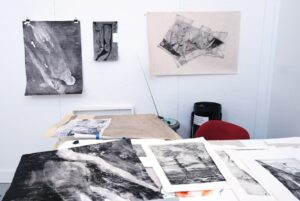
In Provincetown, she has been working on extending that grid by establishing a mini-FM radio station, Radio Uncertainty, which can be heard on the airwaves around FAWC. That, in addition to printmaking and working on her first feature-length documentary, has been her primary creative pursuit here.
Like her printmaking, her radio station embraces mistakes and happenstance. “I can’t control what comes out from the press, and I’m always a little surprised or disappointed,” Ruusuvuori says. In her radio work, she says, she “tries to stay open to what happens in the community and collective imagination.”
Both mediums are new for her, and she relishes the role of being an amateur. She’s had her share of failures, including a kite she made with an open wave receiver attached to it. “It didn’t work out very well,” says Ruusuvuori. “It barely soars and often fails to get any signal. There’s been a lot of humor, and it helps me to be more resilient. It feels like a resistance against success-driven systems.”
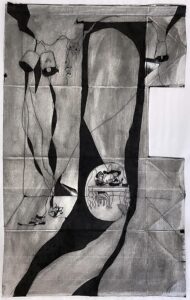
Radio Uncertainty originates from the front of her studio, where she constructed a cozy womb-like work space. The lighting is dim and warm, projecting shadows of spiraling wires on the walls, which are covered with recycled cardboard. “I’ve been trying to use things that are already around,” she says.
From her studio, she has hosted wide-ranging conversations and connections. On Christmas Day, she invited in anyone who didn’t have a place to go for the holiday. Four people showed up, including other fellows and townspeople, and they discussed uncertainty on the Cape.
On a snowy day she pulled in Jerome Greene, the facilities director at FAWC, to take a break from snow blowing and discuss living in Provincetown on a budget. Jay Critchley has stopped by and played from his collection of bells; there was one broadcast of a reading from Time and the Town from Mary Heaton Vorse’s bedroom; writer Philip Hoare discussed the sense of home for the Rice’s whale with Tommy Tucker from the Center for Coastal Studies. Ruusuvuori describes the experience as both intimate and collective.
Her most recent conversation featured a discussion between Aden Choate, a Mary Heaton Vorse fellow at the Provincetown Independent, and LaRissa Rogers, a FAWC fellow, about collectivizing care. “It was really windy, and there were some technical issues,” says Ruusuvuori. “There’s always some interference.” But that’s part of the point. “Interference is interesting,” she says. “What’s the sound of interference in Provincetown?”
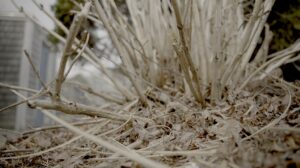
Ruusuvuori considers Radio Uncertainty a queer project in its embrace of interference, fluidity, and unexpected sources of connection. “I’m moving away from the idea of the artist or lover as a singular being,” says Ruusuvuori. The station changes its name and pronouns daily, has no set airtime, and sometimes changes its frequency. “I’m interested in what happens when you’re falling between frequencies,” she says.
The project is also personal. “I find present systems alienating, and I’m trying to find belonging,” she says. Her yearnings are utopian, where a sense of community — like a found family — becomes a source of inspiration and connection, holding up individuals in the space between secure frequencies.
Her new documentary, with the working title Matri(x)archy, also explores themes of connection and care. She describes it as an “associative journey,” and it builds from her other film work, which eschews straightforward narrative in favor of looser arrangements of enigmatic situations and characters. So far, she’s filmed in the U.K. and Finland, where she focused on the members of a Finnish women’s choir who were preparing for a ritual to liberate themselves from caretaking roles.
She has continued work on the documentary here, thinking of the radio station as a character. She’s filmed some of the radio conversations and “filmed the station talking on its own, broadcasting signals from the future,” says Ruusuvuori.
As a director, Ruusuvuori is no amateur. Her cinematography is cleanly composed, and scenes are carefully ordered. She sees some overlaps in methodology between her filmmaking and more experimental projects.
“In documentary filmmaking, you can’t really control a situation,” she says. “You just have to trust.”
She’s eager to continue trusting. She’ll bring the bold gestures of her experimental projects from Provincetown back to Finland, where she will finish her film over the next year. “This work has made me braver and more comfortable not controlling so much,” she says.
Editor’s note: An earlier version of this article, published in print on March 28, incorrectly described a discussion with Philip Hoare and Tommy Tucker as being about right whales; it was about the Rice’s whale.
That Grid of Love
The event: A showcase with fellows Molly Anders, David Hutcheson, Tinja Ruusuvuori, and Agnes Walden
The time: Friday, April 5, 5 to 8 p.m.
The place: Fine Arts Work Center, 24 Pearl St., Provincetown
The cost: Free
